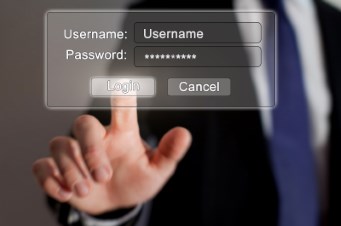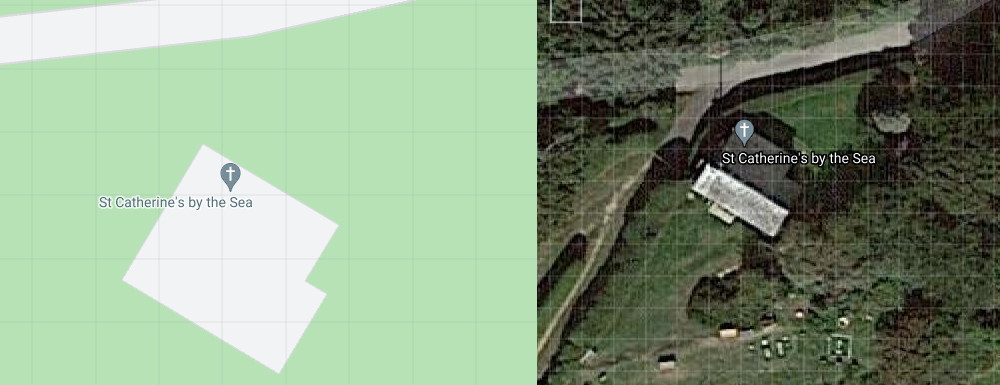October is National Cyber Month.
What is National Cyber Security Month?

Threats of Cyber Crime from Cyber Criminals continue to increase and we all need to be increasingly alert and focussed on the threats, the impact they could have on our lives AND the things we can do to minimise the risk to ourselves and our businesses.

National Cyber Security Month 2021 has the overarching theme “Do your part. #BeCyberSmart” and looks to empower individuals and businesses to own their role in protecting their part of cyberspace.
If we all do our part then we will all benefit from a safer place to live and be in a safer place to do business. Not only that but we’ll also be denying the cybercriminals the space they need to extort, employ fraud and generate the money they lust after.
How can we contribute?
We can all look to implement stronger/better security practices such as not clicking links in emails, not opening emails from people we don’t know or even opening emails we weren’t expecting. We can install security software on our phones, our tablets and our computers. We can use stronger passwords, and make sure we use unique passwords for EVERY application.
Each week, National Cyber Security Month will have a different focus, starting with Week 1 – Be Cyber Smart
Week 1, Starting October 4 – Be Cyber Smart

Our lives are increasingly intertwined with the internet and the World Wide Web. Pretty much all personal and business information is stored on internet connected platforms.
From banking to social media, from email to SMS, from phone and video calling to watching TV and listening to music and beyond.
The internet simplifies some areas of our lives and makes it more complex in others but the one, overarching common factor, is the need for a strong level of security to keep our data safe.
That’s why Week 1 of National Cyber Security Week focuses on the best security practices and “cyber hygiene” to keep our data safe, owning our role in Cyber Security and starting with the basics. That includes using unique, strong, passwords and making sure that we use multi-factor authentication (2FA) where it’s available, preferably avoiding SMS (text Message) authentication where possible.
Week 2, Starting October 11 – Fight the Phish – Trust No One
Phishing attacks, where emails and text messages are sent containing web links encouraging you to click the link, visit a website set up by cyber criminals and enter your user names and passwords are still on the increase. Why are they on the increase? Because they work. People see an email that purports to come from their bank, HMRC, DVLA, Post Office, BT etc. and are given a warning claiming that the recipient needs to do something NOW or they will be locked out of their account, will be arrested, won’t have an order delivered …. or one of many other ruses. You click the link and either have malicious software sent to your computer without your knowledge and approval or give away user names and passwords to cyber criminals, enabling them to access your personal accounts and to steal from you.
The X-Files mantra of “Trust No one” applies here. Any email that contains a request for such information should always be approached with caution and, if you have even a small inkling of concern, then simply open your web browser and visit the website of the sender to check out the veracity of the email.
Week 3, Starting October 18 – Explore, Experience, Share
Week three focuses on the National Initiative for Cyber Security Education (NICE), inspiring and promoting the exploration of careers in the cybersecurity sector. Whether you are a student or a veteran or seeking a career change, this week is all about the exciting, ever changing, field of cyber security, a rapidly growing business sector with something for everyone
Week 4, Starting October 25 – Cybersecurity First
The last week of National Cybersecurity Month looks at making security a priority. Actually taking a Cyber Security First approach to designing and building new products, developing new software, creating new Apps.

Make Cyber Security Training a key part of onboarding when taking on new employees (and, at the other end, making sure that technology rights are revoked when people leave organisations).
Ensure that your employees are equipped with the cyber secure tools that they need for their jobs. If you practice a BYOD (Bring Your Own Device) policy, allowing employees to use their own phones, tablets and computers then you need to ensure that the cyber security deployed is as strong as that on equipment that you provide.
Before buying new kit, or signing up to a new service, do your research, check the security. Is it secure enough? Can it be made more secure? Can it be remotely wiped? Who has control? All of these questions, properly answered, will ramp up your cyber security defences and help keep the cyber crims at bay
When you set up new equipment, that new phone, tablet or laptop, I know it’s exciting but please invoke the Cyber Security first, don’t leave it until last – it might be too late. Make sure default passwords are replaced with something secure and lock down those privacy settings.
Cyber Security MUST NOT be an afterthought. If it is, you could find yourself paying the price
And if you need some help, you can always ask me. I might not know the answer but I know people in the Cyber Security industry that I can put you in touch with. Email andy@enterprise-oms.co.uk, phone/message me 07966 547146, call 01793 238020 or message me on Social Media and we’ll get it sorted.



